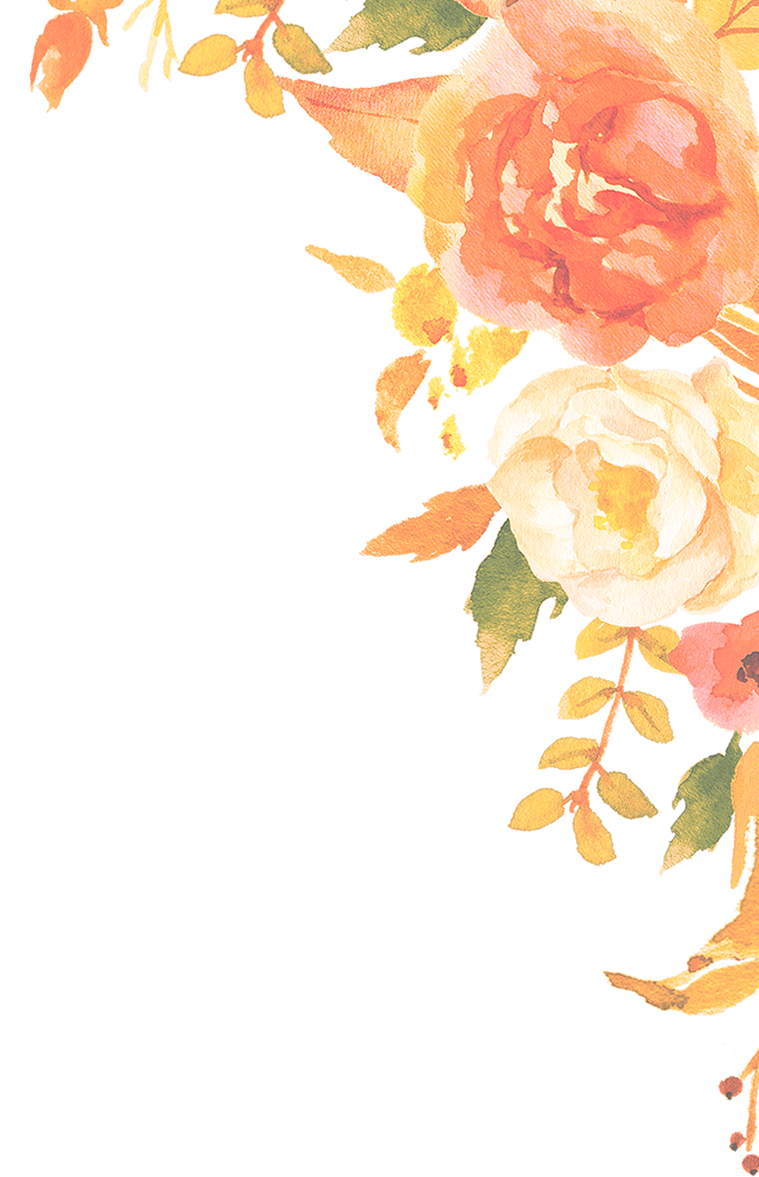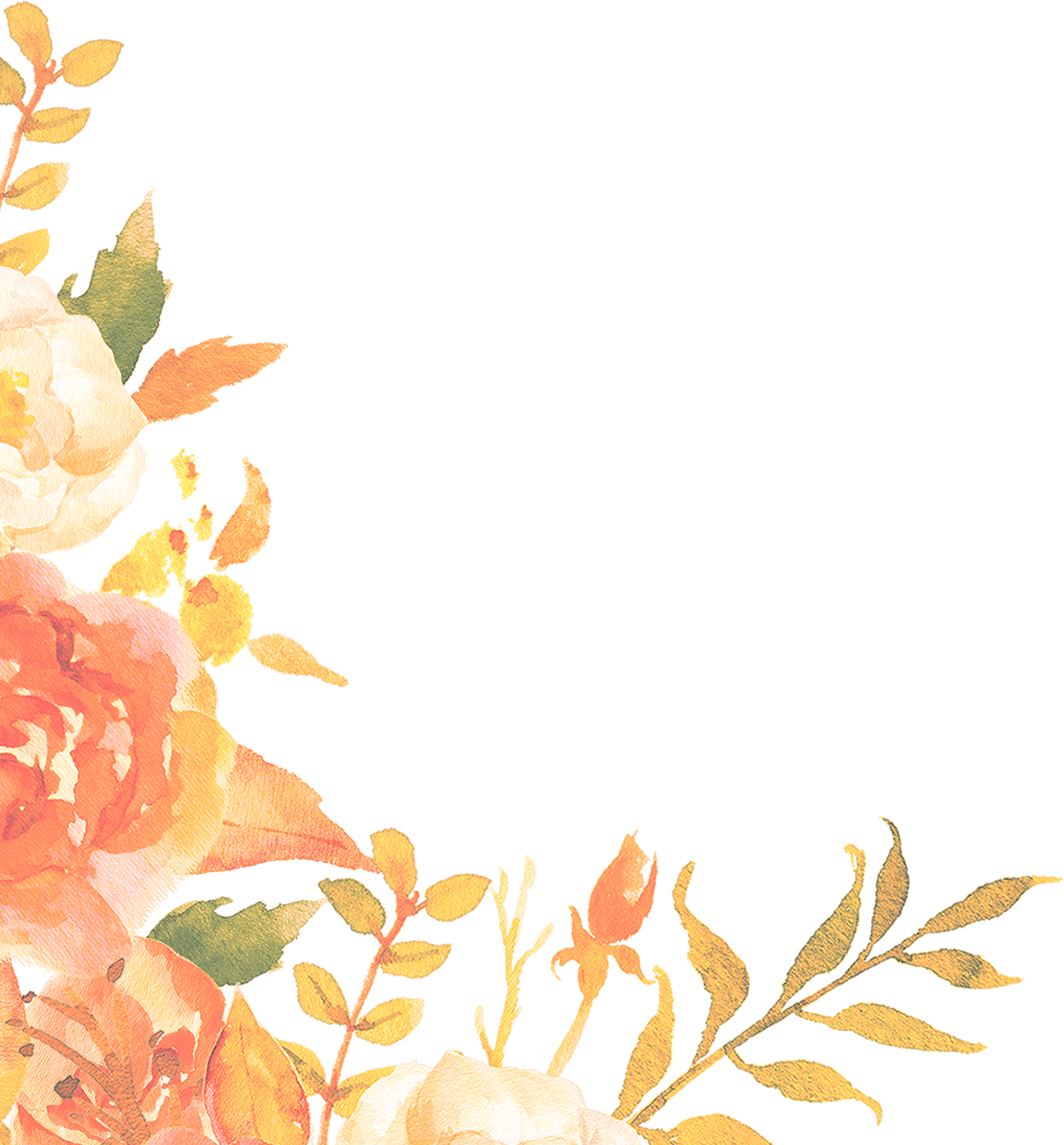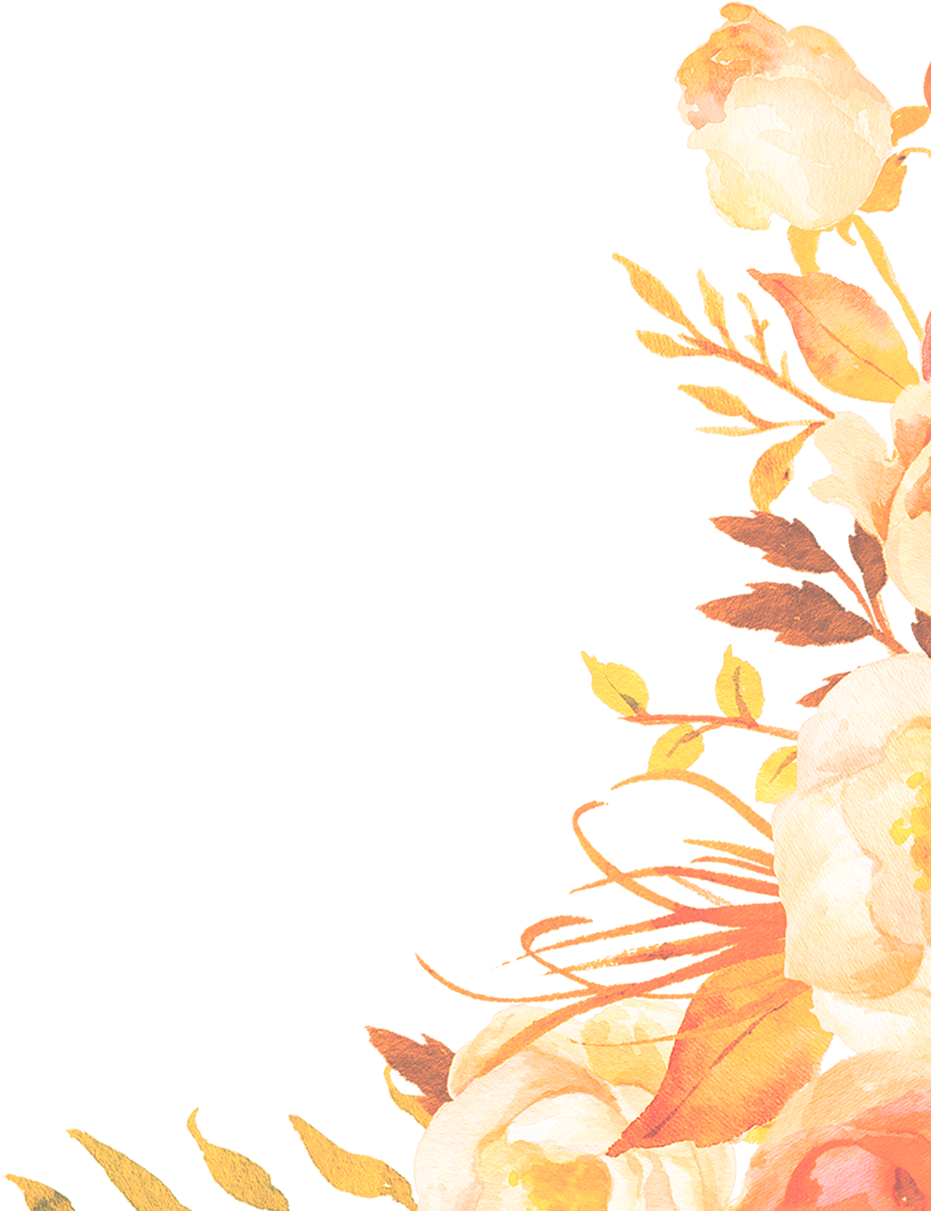



Awesome! I got so much out of it and have already started applying it to my everyday life. Lots of simple things that can be done to improve day to day experiences. I thought if I learn one thing per session I’d be pleased; as it was I learnt stacks!”
-PAST CLIENT
Today I will tackle the challenging and controversial topics of religion and spirituality and their effect on happiness. The fact is that they can contribute to higher levels of wellbeing, and I will endeavour to explain why this is. I understand that some of you will run a mile to avoid a discussion on religion – the negativity surrounding constitutional faiths, extremist religions, and the churches’ evident failings have created major, if not permanent, roadblocks to the topic for many people. Then there are also the sober realists, who consider the whole subject a load of wishy-washy and unsubstantiated rubbish. And yet I cannot let the subject be – it belongs in a representation of the practices that bring about a happier and more meaningful life.
In my discussion I want to differentiate between religion and spirituality, and between positive and negative forms of either. Religion and spirituality are neither mutually inclusive nor dependent on each other. There are spiritual people who do not belong to any religious organisations. And there are religious people who follow customs that have little impact on their moral experience of life, let alone their sense of wellbeing. Self-righteous, fanatical, and hate infused religions will certainly not build happier lives, and neither will devious so-called “spiritual practices”, such as black magic or animal sacrifices, shed light in anyone’s heart. Let us be very clear about what good religions and forms of spirituality, and indeed positive beliefs, evoke: They connect us more deeply to our moral compass, to our fellow humans, and to a larger power that adds meaning, hope and comfort to our lives. Any belief that increases our fear, hopelessness or intolerance is not worth entertaining. (Life is hard enough.)
Ed Diener and Robert Biswas-Diener argue that “whether people are religious or secular, they can learn something about how to practice happiness from the findings on religion and happiness”.1 Religion, they write, is a deeply personal mindset, and many people take their faith seriously. Studies found churchgoers to have better health and to be more forgiving compared to non-religious people. Elderly Christians were found to worry less about money due to the support they gave and received in their congregation, and those who attended church frequently were significantly more likely to be alive three years later. Religious individuals are less likely to commit crimes and/or take drugs, and are more likely to live longer, receive more education and earn more money. On average, religious people have shown to be happier than their non-religious counterparts, regardless of how religiousness is defined; i.e. whether they attend church or privately follow their spiritual beliefs.2
What are the aspects of religion and spirituality that support emotional wellbeing? According to Diener and Biswas-Diener, there are a number of ingredients:
When I was 8 months pregnant with my third child, I was anxiously awaiting my then brother-in-law and his family to move into their new home so we could move into the old house, which was to be ours. Christmas became New Year and my due date was mid-January. Finally they moved, leaving behind a very dirty house and twenty bags of rubbish for us to take away. This might have broken my spirits, but along came my church friends. Armed with buckets and gloves, they scrubbed every corner of the house and cleaned up the garden. One brought a scraper and used it on the kitchen floorboards to roll up the dirt. Their help allowed me to paint the house and get it ready, literally hours before I went into labour. I have never forgotten their kindness.
Like always, I hope that the scientific information and the personal accounts shared in this blog evoke a reflection in you. My goal is that you take it and see whether you feel inspired to apply some of it in your life. I understand that faith is a deeply personal matter. I will, however, say a little more about it next week.
© Natalie Lydia Barker 2017
Notes
No Comments